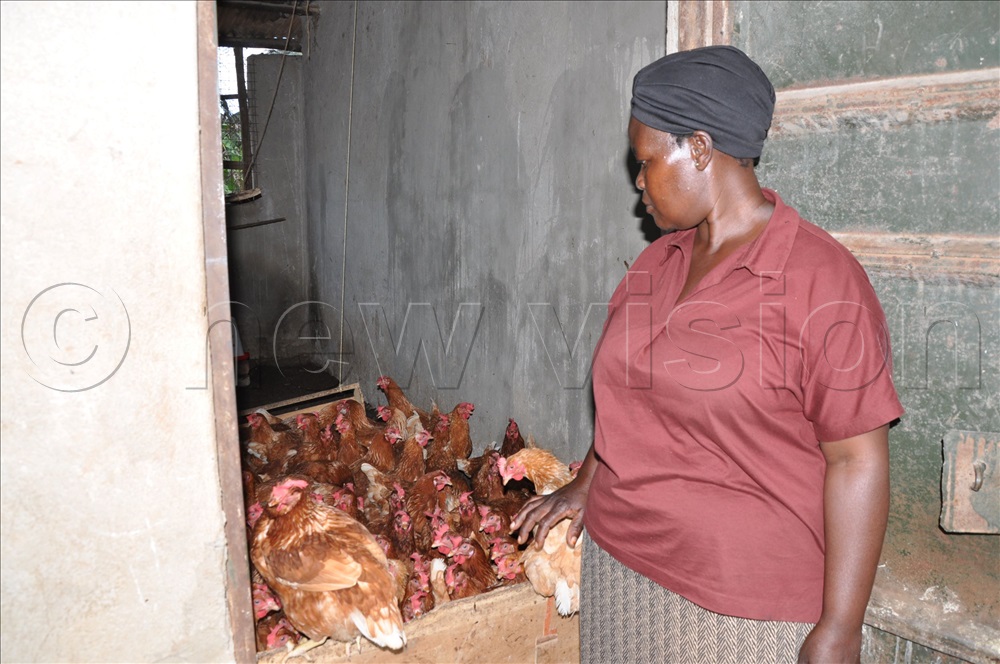By Umar Nsubuga
Rearing chicken for eggs can be both exciting and profitable. Besides getting good nutrition for the family, there is money to be earned.
However, be warned from the outset that it requires intensive management. For as long as birds have been eating eggs and chicken.
Breeding chicken for eggs has been in existence for a very long time. However, as an organised industry, poultry farming is a relatively new concept, especially in Uganda.
With a growing urban population, the market for eggs keeps rising every day. Earlier, villages used to be self-sufficient as far as their poultry needs were concerned.
Mike Senoga, an economist and farmer says any surplus would be sold to nearby urban centres. With the mushrooming trading centres, booming municipalities and Kampala city expanding daily, the market for eggs is assured.

Enterprising people have helped to support a thriving commercial poultry industry to which many farmers are increasingly being attracted.
He says poultry farming is a business that can be started out on a low capital investment. Undoubtedly, a lot of hard work is involved, but the substantial returns more than compensate for it.
Unlike broiler farming where the chicken are grown for six weeks and sold for meat, the layer birds need to be fed for a longer period.
“Buy the layer chicks from reputable suppliers in the city. Feeding at the different growth stages of the birds is important. The chicks need specially prepared chick feed for the first fortnight of life before the feed is changed to growers’ feed,” he says.
Later, he explains that the feed is changed to layers feed. An important aspect of layer birds is to feed them well so that they form good eggs.
They are not fed to necessarily gain weight but to be able to produce high-quality eggs.
Annette Nakintu, a poultry farmer says the birds need a balanced diet in the right quantity for disease-free growth. Improper diet can result in the outbreak of diseases.
So, the feed given to the birds should be specially formulated keeping various factors in mind.
“Many farmers get the temptation to make their feed but this can be disastrous, especially for the inexperienced farmers,” she says.
She adds. “Feed-making is a specialised area that needs people with good training and experience. This is why large corporate bodies specialise in manufacturing animal feed. A lot of planning and research goes into the manufacture of animal feed, to suit specific areas and ensure optimal production.”





